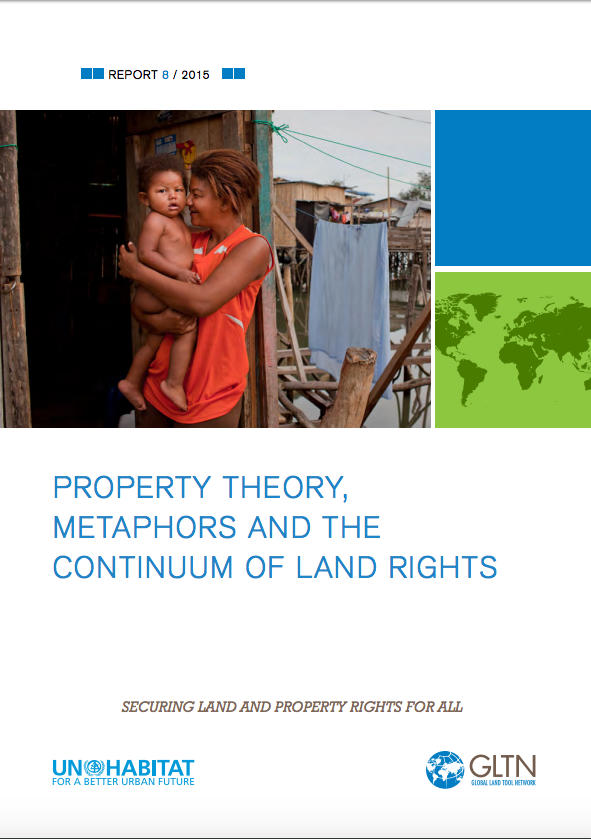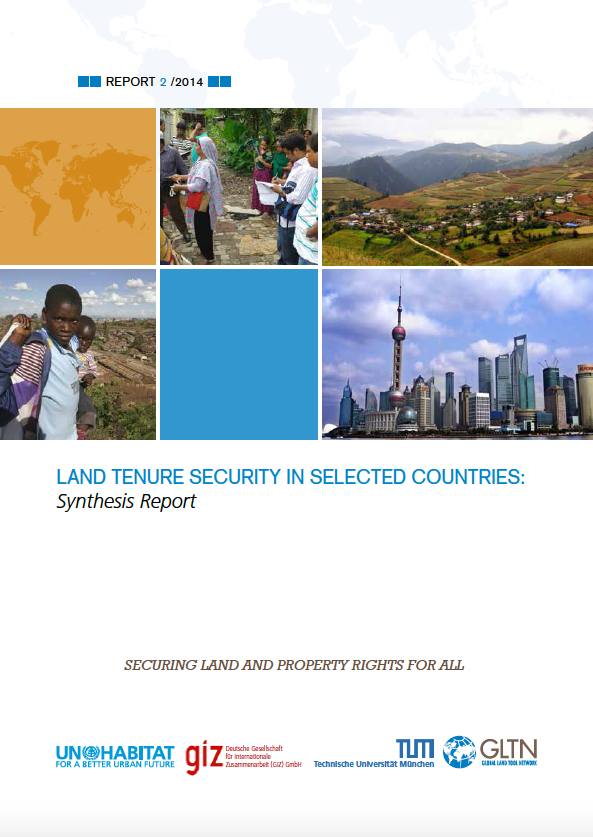Property Theory, Metaphors and the Continuum of Land Rights
The following recommendations are made in this report:
1. The continuum of land rights is a metaphor, not a theory. A metaphor can be applied in a number of theoretical contexts, whereas a theory has an ideological perspective.






